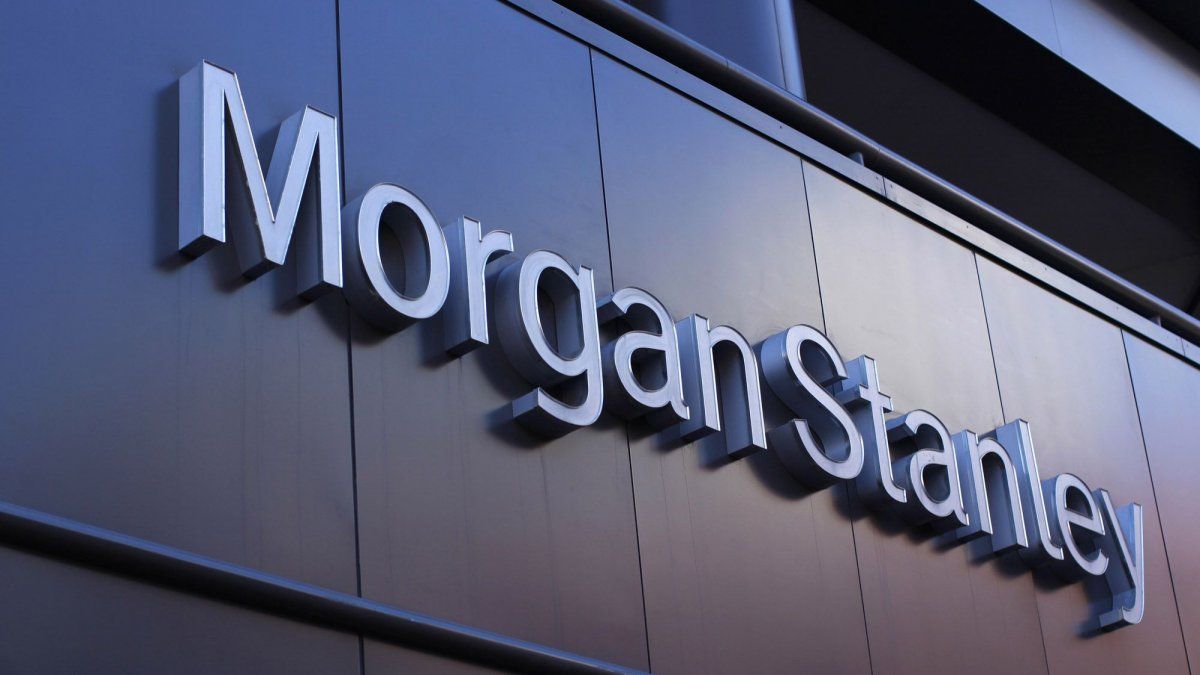On the political level, the majority of international bank analysts expressed their “surprise” at the resounding and unexpected victory of Javier Milei.
To put it in perspective, for example, Banco Mariva assured that with this victory, Milei managed to secure the necessary votes to support its Necessity and Urgency Decrees (DNUs) and advance its ambitious reform agenda, which includes labor, pension and tax changes. Beyond this point, his speech most open to consensus contributed to generating a strong climate of confidence in the markets, which reacted with increases and a clear appetite for Argentine risk.
What is going to happen with the dollar (and the peso) for US banks
According to the UBS report, “changes in the exchange system” seem likely. The peso appreciated close to 20% in real terms, which leaves it “overvalued.” According to analysts, “abandon the current regime of exchange bands and move towards a type of A more flexible and weaker exchange rate would help rebuild reserves, restore competitiveness and strengthen the debt payment capacity.” In addition, he noted that the victory that LLA obtained, “was not incorporated into prices,” which is why he estimates that Argentine assets could benefit from “greater political stability, a renewed push for pro-market reforms and solid support from the United States.”
According to analysts JP Morganhe US support has become a key factor and should boost Argentina’s recoverynot only for the political support that Javier Milei consolidated at the polls, but also by the Washington accompanimentwhich reinforces market confidence and expectations of stability.
J.P.Morgan He maintained that the election generated a change and “with the electoral result defined, markets can return to a narrative of a virtuous policy cycle anchored in fiscal discipline and now probably reinforced by efforts to increase international reserves.”
On the exchange front, they predict that greater flexibility will be a key factor in the new economic stage that is beginning. The report warned that “the last few weeks have revealed the vulnerabilities of the band scheme, which shows little capacity to adapt to external shocks, so an exchange rate adjustment could be required to rebuild the accumulation of reserves.”
“The combination of a strong election result and continued US support buys time to implement potential changes, especially if a currency rally returns the currency within the bands and away from the upper limit,” the global bank stated.
Barclays, In the same sense, he assured that the Government’s good results are an “opportunity” to free the exchange rate and announce a reserve accumulation program, “from a position of strength.” However, if this does not happen, analysts contemplate subsequent exchange rate flexibility.
The debate between UBS and Bank of America: Is the peso undervalued or not?
Although UBS analysts consider that the Argentine peso is overvalued, Bank of America does not have the same opinion. For the latter, strong US support is likely to accelerate new economic measures, including a floating scheme, reserve accumulation and “greater direct management of interest rates.”
According to his analysis, “the Argentina’s real exchange rate is less overvalued from what the market perceives in general. Currently, the real exchange rate is close to its historical average and aligned with our equilibrium estimate”.
image
In that sense, they revised their exchange projections to “$1,450 by the end of 2025 (from $1,550) and to $1,700 by the end of 2026 (from $1,800)which implies a real appreciation of 5% towards the end of the yearfollowed by a 3% depreciation in 2026under the assumption of a inflation of 16.4%”.
“The peso strength in the short term reflects a election result better than expected and the dismantling excessive coverage. Since the elimination of the exchange rate in April, Argentines They accumulated nearly US$20,000 million in purchases (see graph 2). With a high level of dollarization and low holdings of pesos in cash, this disarmament process is expected to support the peso in the short term. Going forward, we anticipate a slight depreciation in 2026. The Central Bank has less than US$5 billion in net reserves (excluding liabilities), so it will be necessary to accumulate more reserves to meet the IMF’s goals, especially if the peso finally moves to a floating exchange rate regime,” the BoFA stated.
According to Morgan Stanley, Javier Milei’s victory could boost a marked expansion of credit, a factor that would help contain the outflow of foreign currency. However, the bank warned that dollar inflows will remain limited until there is a more attractive exchange rate that encourages exporters to liquidate.
The report projects a dollar of $1,700, assuming a balanced current account, normal weather conditions and average agricultural yields in the next cycle. Within this framework, the investment bank estimates that the Central Bank will launch a reserve accumulation program, as recommended by the IMF in its first review of the current agreement. With the support of the United States, Morgan Stanley maintains its forecast that Argentina could regain access to the international market by June 2026.
Source: Ambito
I am a 24-year-old writer and journalist who has been working in the news industry for the past two years. I write primarily about market news, so if you’re looking for insights into what’s going on in the stock market or economic indicators, you’ve come to the right place. I also dabble in writing articles on lifestyle trends and pop culture news.




